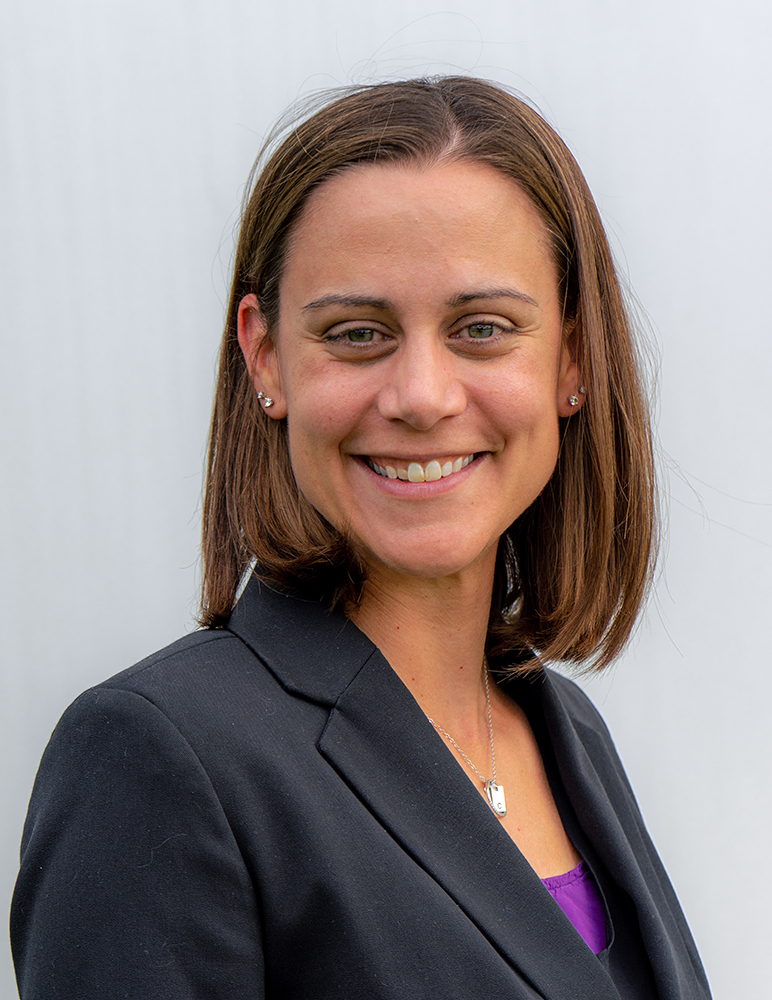Welcome to the University of Utah Neonatal-Perinatal Medicine fellowship program. Since its inception in the early 1970s, the goal of our training program has been to develop neonatologists who can provide evidence-based clinical care to the full spectrum of neonatal patients, from the extremely premature to the medically complex, and to develop the academic skills to advance the field of neonatology through basic science, translational, and clinical research.
Our training program is three years in duration, with 12 months of that time dedicated to the clinical NICU experience, and the remaining 24 months dedicated to fellow research projects, education, teaching, clinical duties, Neonatal Follow-up Clinic, Fetal Consultation Clinic and various administrative responsibilities.
Clinical Experience
The majority of the NICU clinical experience for our fellows is provided in the Level IV NICU at Primary Children’s Hospital and in the Level III NICU at the University of Utah Hospital. There is also an opportunity for second-year and third-year fellows to rotate at the Level III NICU at Intermountain Medical Center. Additionally, fellows complete rotations with the Cardiology service, in the Cardiovascular Intensive Care Unit, and with the Neuro-NICU service.
Our uniquely large catchment area includes Utah and areas of Nevada, Idaho, Wyoming, and Montana. This provides our fellows with excellent exposure to premature infants, a broad spectrum of surgical cases (general, neurosurgical, urologic, ENT, ophthalmologic and cardiothoracic), complex congenital anomalies, extracorporeal membrane oxygenation (ECMO) and palliative care.
The NICU at Primary Children’s Hospital (PCH) is the only Level IV NICU in the state of Utah, and all pediatric subspecialties are available at PCH. Neonatal ECMO is completed in the PCH NICU, with the neonatology team managing the care in coordination with our surgical colleagues. Other surgeries are also completed in the NICU. The NICU at the University of Utah is a busy Level III delivery center. It is the delivery center for infants with prenatally identified congenital diseases. Our fellows first meet many of these families while providing prenatal consultations in our multidisciplinary Fetal Center Clinic.
Our fellows also gain experience serving as medical control, with attending support, for local and regional neonatal transports. We utilize two neonatal transport services, AirMed (University of Utah) and Life Flight (Intermountain Healthcare). Each service has ground, fixed wing, and rotor capabilities. Additionally, our fellows gain valuable experience by taking neonatal consult phone calls from local and regional pediatricians and neonatologists.
Research Experience
In addition to our focus on developing excellent clinicians, we also prioritize developing neonatologists who will be lifelong contributors to the advancement of neonatal and perinatal medicine through basic science, translational and clinical research. The fellowship program and the Division of Neonatology are uniformly committed to supporting our fellows in their chosen area of research. Our fellows have access to a diverse group of mentors and leaders in research, not only within our own Division of Neonatology, but also within the Department of Pediatrics and beyond. All fellows participate in quality improvement projects, and there are opportunities for fellows’ primary research focus to be quality improvement.





